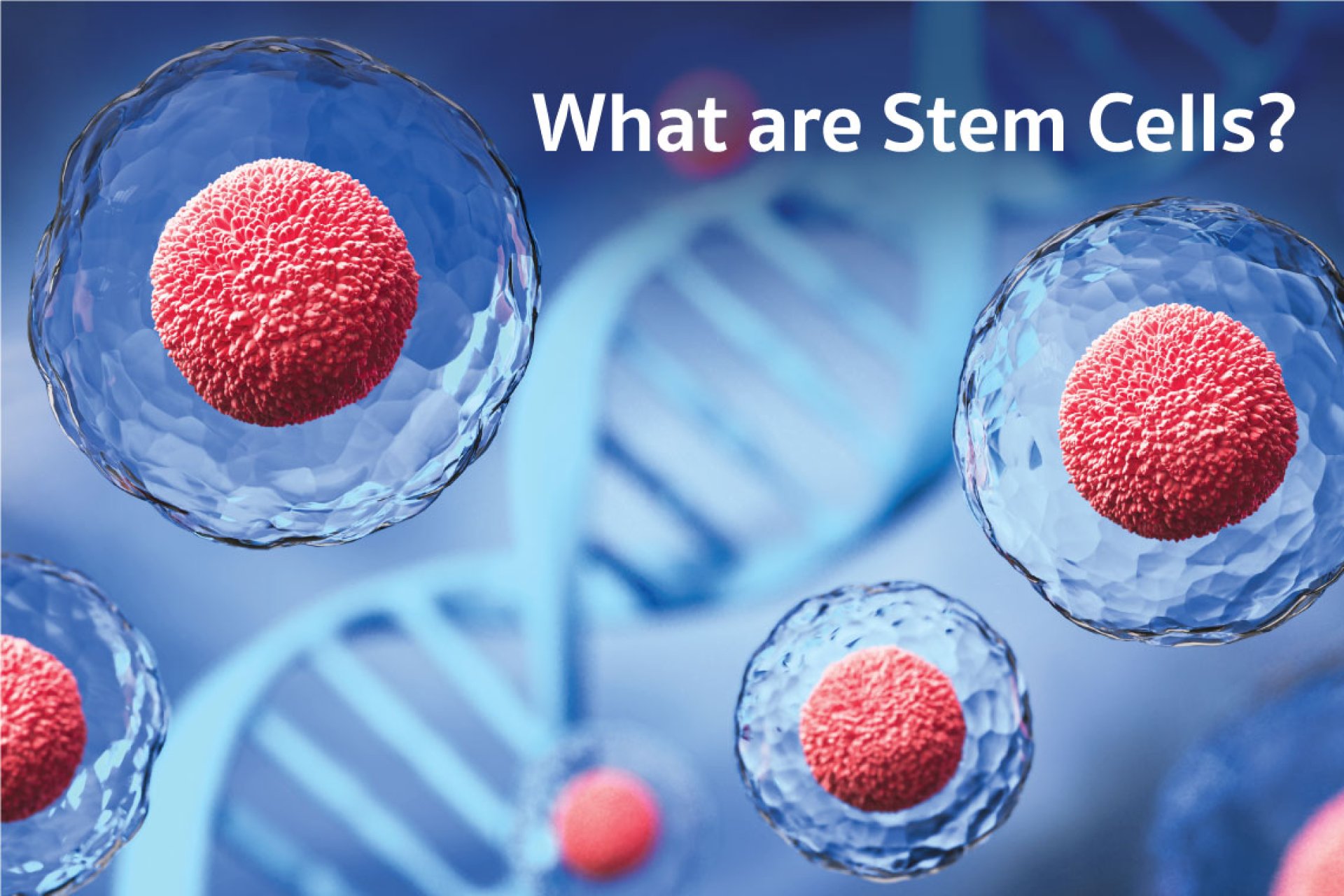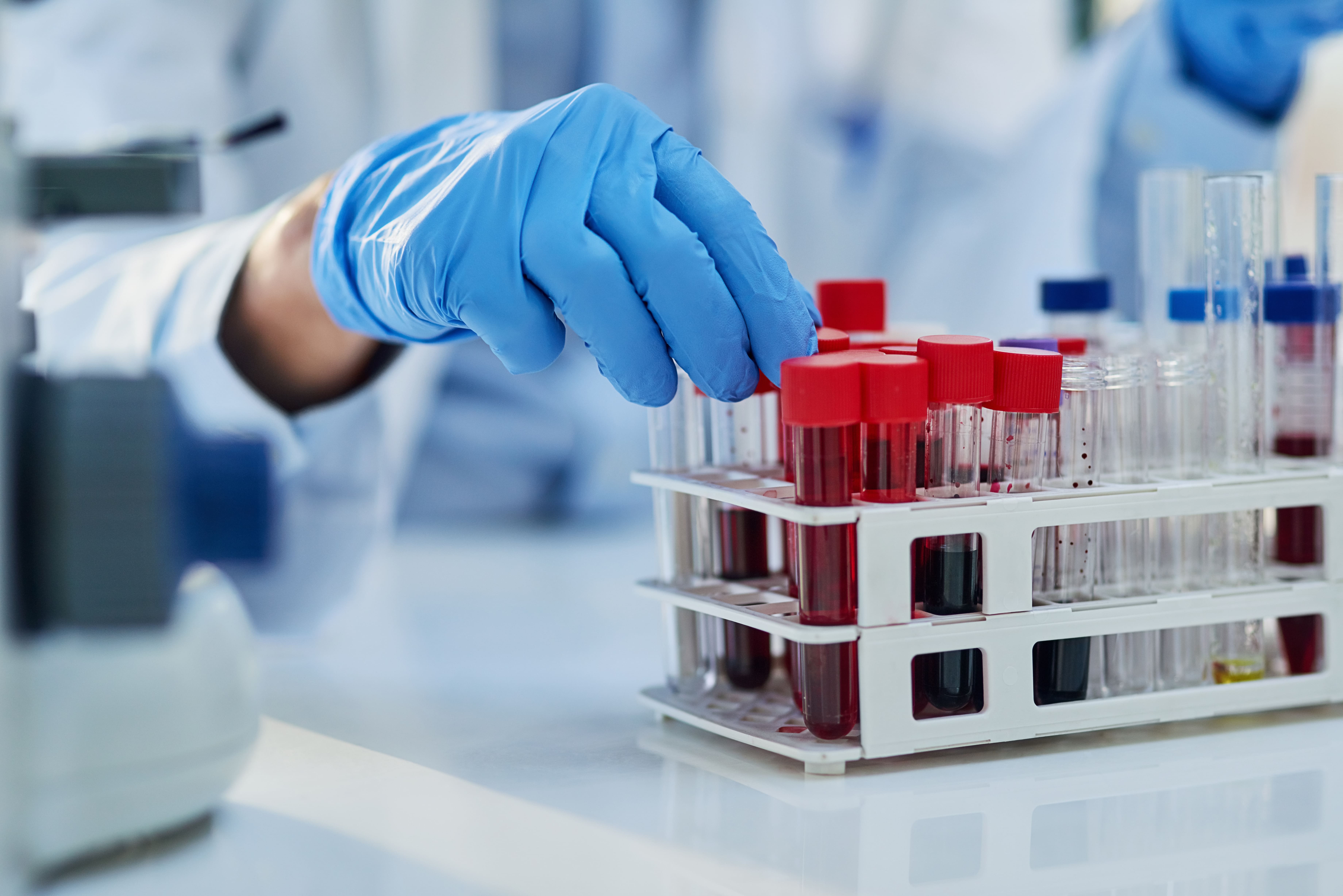What Are Stem Cells?

Many people have likely come across the term "stem cells" through media channels that highlight their medical and cosmetic benefits. Today, stem cells are a promising option in regenerative medicine, known for their role in repairing and revitalizing the body. Research has shown that stem cells have the potential to treat degenerative diseases and chronic inflammation where conventional treatments might fall short.
Stem cells are special cells that can develop into different types of cells within the body and play an essential role in tissue repair and regeneration throughout life. Their two main attributes include:
- Self-Renewal: Stem cells can divide and create identical copies of themselves over time.
- Differentiation into Specialized Cells: Stem cells have the ability to transform into various specific cell types, such as muscle cells, red blood cells, or nerve cells.
Stem cells are categorized into two types based on their differentiation capabilities:

1. Hematopoietic Stem Cells (HSCs)
- Blood-related cancers: such as leukemia, which may require chemotherapy.
- Thalassemia
- Congenital immunodeficiency disorders
- Platelet or red blood cell abnormalities
- Various types of blood diseases

2. Mesenchymal Stem Cells (MSCs)
MSCs are derived from umbilical cord tissue, placenta, and amniotic membrane. These cells can transform into specific types of tissue cells, such as liver, nerve, and bone tissue. A key advantage of MSCs is their low risk of rejection, meaning no compatibility testing between donor and recipient is required. They also possess anti-inflammatory properties and help balance the immune system.
MSCs are widely used in medical and cosmetic fields, including:
- Skin rejuvenation: improving skin firmness, reducing wrinkles, and fading dark spots.
- Post-surgical recovery
- Neurological conditions: such as autism, Alzheimers disease, and Parkinsons disease.
- Muscular and skeletal disorders: including osteoarthritis, muscle pain, and inflammation.
- Diabetes
reference
• Li Z., Yijun L., Haojie H. et al. (2022). Efficacy and safety of umbilical cord-derived mesenchymal stem cells in Chinese adults with type 2 diabetes: a single-center, double-blinded, randomized, placebo-controlled phase II trial. Stem Cell Reserch & Therapy.
• Yazhen Zhang, (2020). The Clinical Efficacy and Safety of Stem Cell Therapy for Diabetes Mellitus: A Systematic Review and Meta-Analysis.
• Jose Matas (2018)Umbilical Cord-Derived Mesenchymal Stromal Cells (MSCs) for Knee Osteoarthritis: Repeated MSC Dosing Is Superior to a Single MSC Dose and to Hyaluronic Acid in a Controlled Randomized Phase I/II Trial (https://pubmed.ncbi.nlm.nih.gov/30592390/)
• Chasen Cottle (2022 ). Impact of Cryopreservation and Freeze-Thawing on Therapeutic Properties of Mesenchymal Stromal/Stem Cells and Other Common Cellular Therapeutic (https://www.ncbi.nlm.nih.gov/pmc/articles/PMC9045030/)


